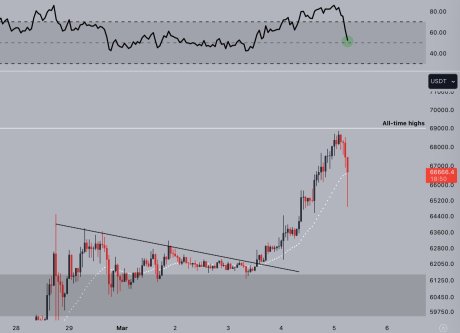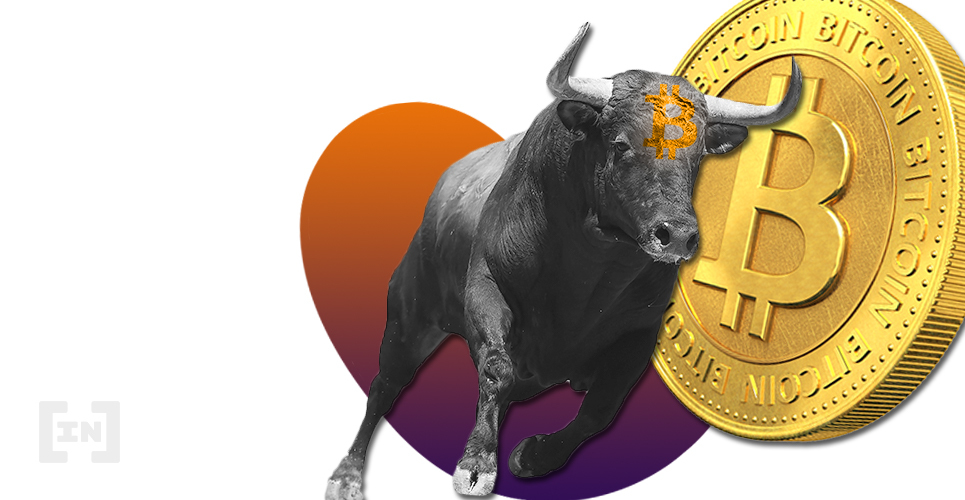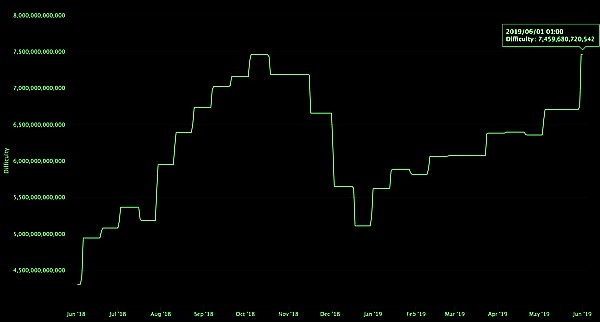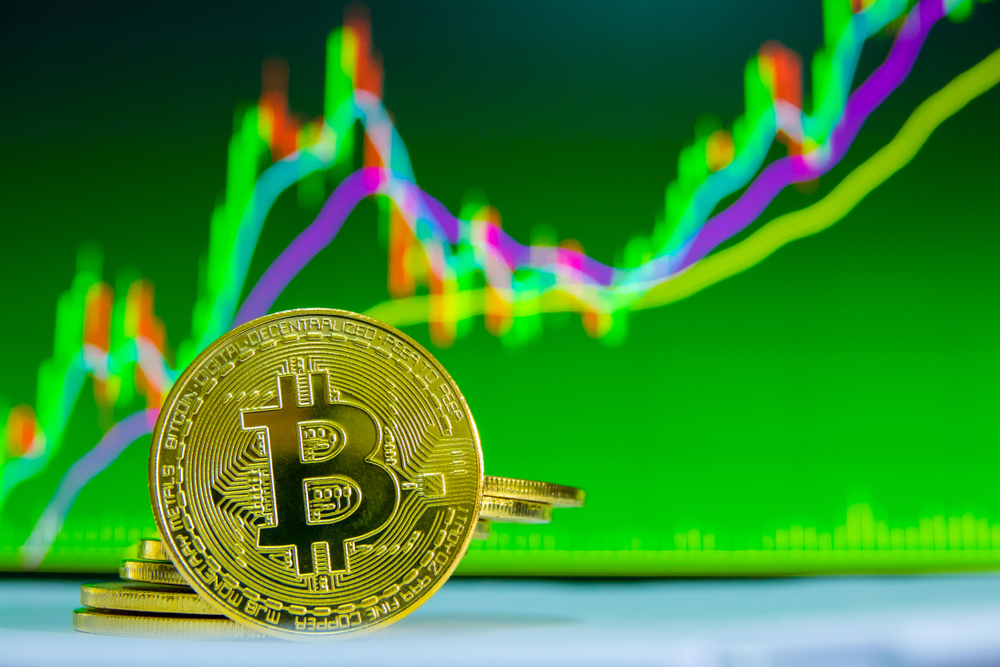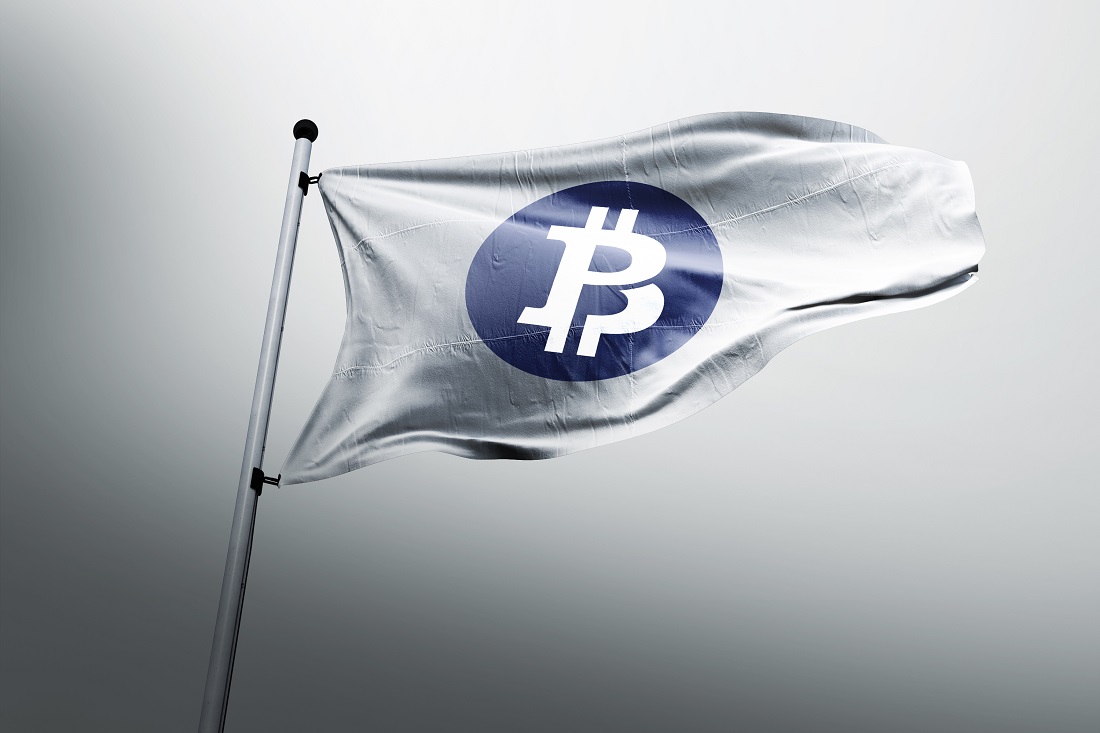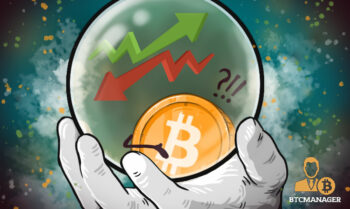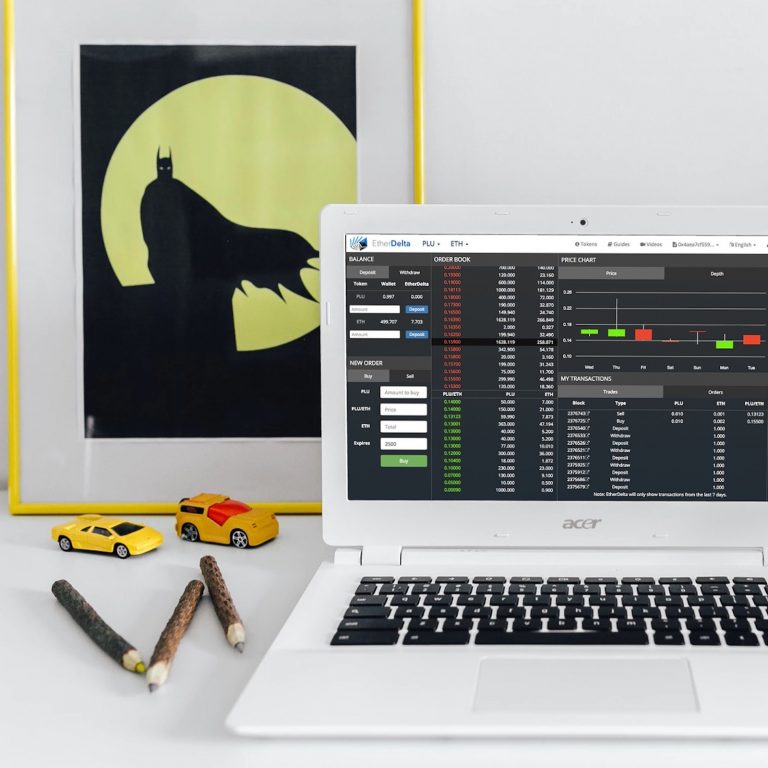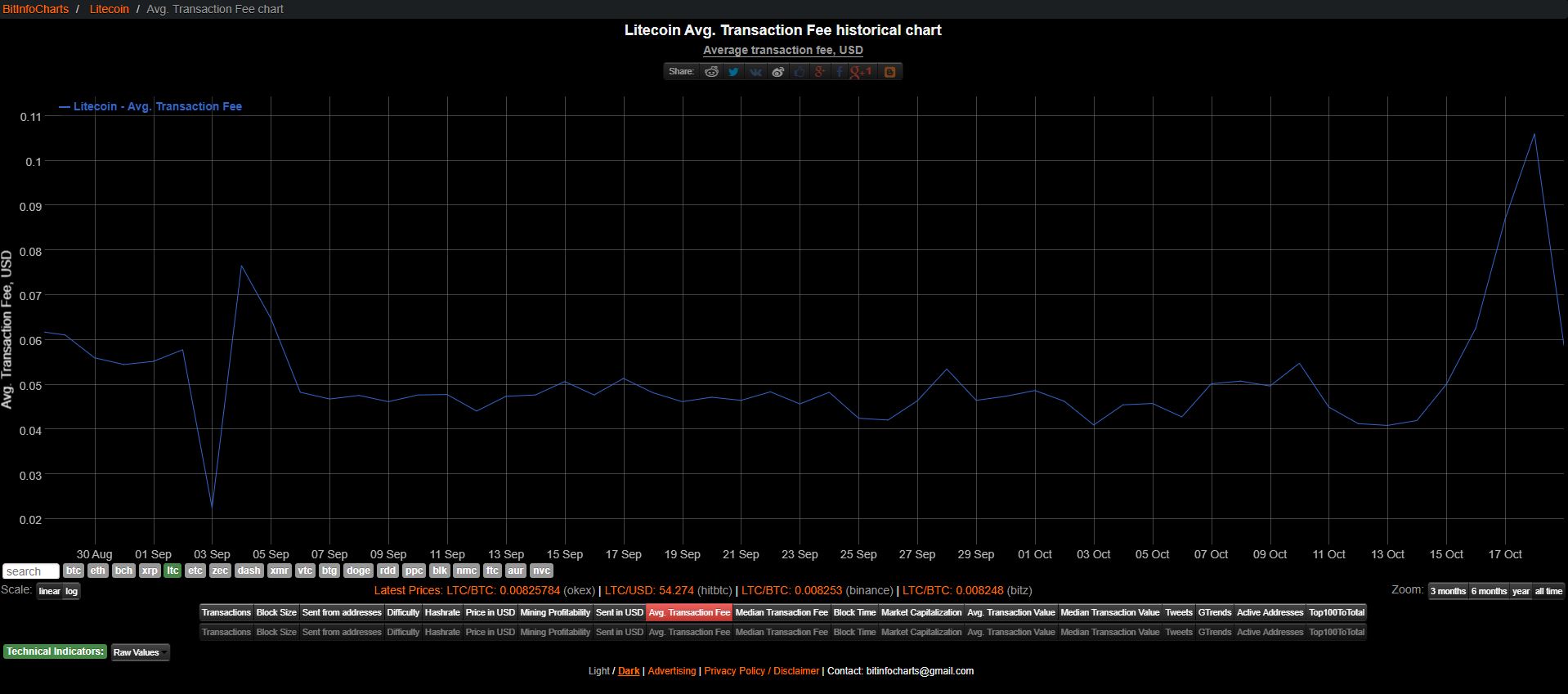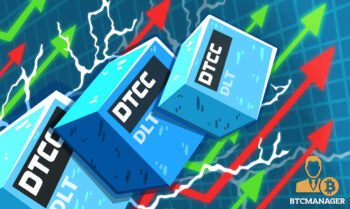2019-1-26 17:12 |
As the two biggest cryptocurrencies, Ripple and Bitcoin draw a lot of potential investment and hold the most spend power.
In 2017, Bitcoin was arguably the king of cryptocurrencies because it values, potential, quantity, and desirability was at its peak and was the peak value of any crypto. But when it crashed in 2018, attention shifted to other players in the game. Ripple, once a distant 3rd in terms of value and amount, spent last year surpassing Ethereum for the number 3 spot, overtaking the role of biggest competitor to Bitcoin to date.
But can it truly compete? Will it dethrone BTC as the crypto of choice for investors? Are the two even comparable? Their market focus, purpose, and support base are all different. Which side do you fall down on?
Contents Bitcoin: Anti-establishment origins Ripple: The beginning of institutionalized cryptocurrency Key differences in product and company: the good and the bad Investing The final review Bitcoin: Anti-Establishment OriginsIn 2009, a person or persons aliased Satoshi Nakamoto (real identity still unknown) released to the world the first cryptocurrency; bitcoin. Based on the new concept of blockchain technology, bitcoin started as a revolutionary idea to have the all-digital currency that is completely decentralized. They no longer wanted the concept of money to be contained by government and banks, something almost anarchist in nature.
This new technology served as its own verification system, instead of leaving it up to the hiring of a third party like a bank or government would do. It logs all information in the chain of blocks for public verification by connecting all nodes of participants. Those who wish to mine, vie for the ability to verify the ledger by writing a program that solves a series of complicated problems and contributing their own processing power. This uses enormous amounts of energy and takes time but the reward is bitcoins themselves- hence the term mining.
In the beginning, BTC cost only a few cents and mining was much simpler.
It is currently used as a means of storing real-world cash but is making the transition to its original intention: as a means of payments for the real world and digital items.
Ripple: The Beginning Of Institutionalized CryptocurrencyFounded in 2012, the Ripple Company developed its own cryptocurrency: XRP. BY 2015-2016, they had set up offices in Australia, UK, and Luxemburg, positioning itself perfectly with the world banking systems.
Since its conception, Ripple has proven to be a useful payment settlement solution for institutional finance, especially banks. Its latest product, known as xrapid, operates as a solution to cross border payments, foreign transactions, and slow international transfers of money. This is a contrast to the previously used system of Nostro accounts which are habitually slow and grossly inefficient.
Ripple has its own servers, meaning that it doesn’t rely on any blockchain to verify transactions. Unlike Nostro accounts, it transfers money from person x into XRP and instantly transfers it over it over to person Y who then can exchange it for their currency. This not only saves time but also cuts out currency exchange rates possibly fluctuating during and high exchange rate fees.
Unlike blockchain, which uses a dedicated consensus algorithm such as proof-of-work, Ripple’s distributed consensus ledger allows it to perform at a far fast pace than bitcoin. It connects nodes in a series of circles that overlap at varying rates. Verifying happens much faster within its closed circle's system and the overlap confirms everything is as it should be.
Fidor Bank, the Commonwealth Bank of Australia, Santander, and over 60 Japanese banks are already in the processing of implementing Ripple’s XRP money transfer system, speaking to the seriousness of their business model and the utility of their idea.
As it is not a mining based cryptocurrency, all the XRP coins that there will ever have already been created. They manage this by keeping most in escrow, instead of circulation, ensuring the max will not be reached.
Key Differences In Product And Company: The Good And The BadWith the mantra of decentralization, Bitcoin’s network is openly sourced network through its web of connected nodes across the world. This means the decision and developments to the network are community made and controlled. Unfortunately, half of their processing power is devoted to soft forks from the original chain by utilizing backward compatible changes to the system that improves it a bit at a time rather than risk a hard fork off to the side that would irreversibly change the software.
Ripple is the opposite: centralized, closed node connection loops ledger, and majority consensus on each loop at 80%, instead of waiting for all to confirm. This angers many in the cryptocurrency world but Ripple was created for the purposes of modern international banking by a private company. Its coin was never meant to be used for spending and its creed was never to go beyond centralized banking, instead of working within an existing system and transforming it.
In fact, it’s because of this closed loop node system that Ripple has far superior speed and energy consumption compared to Bitcoin.
Bitcoin processes 7 transactions a second at a cost of $27 per, making each operation take about 70 minutes to clear. But Ripple only takes about 4 seconds to process one transaction because the processing happens in a small closed loop on one server. To top it off, the cost is only 0.00001 XRP per transaction and it has the ability to handle 1,500 transactions per second.
Both Ripple and Bitcoin do have a fair amount of reserve coins, it’s thought that Satoshi Nakamoto has 980,000 BTC on reserve but it cannot be proven so no one knows for sure. As it stands, however, Ripple holds 60% of its coin in the company and to the dismay of others, has no plans of releasing anymore any time soon.
Ripple also has a growing list of formidable partners and more banks have been taking them on due to their low cost and easy international bank transfers method. But because of this, they have strong competitors in more stable bank transferring tech (without as wildly fluctuating coin values) with long histories in banking such as Visa and SWIFT.
While Bitcoin may take longer and currently cost more to process, it also has 10 years of acclaim, is a founder in utilizing blockchain technology, is gaining popularity as a money source, and has a very large community of supporters and participants. Although other cryptocurrencies do exist in these capacities, not to the breadth and depth of Bitcoin.
InvestingAs an investment, Bitcoin is really only useful to an experienced trader or to someone who is willing to be on near constant alert of cryptocurrency futures, prices, and market swings. It takes commitment to make money off of any crypto and if you are prone to panic selling, this is not the investment world for you, the ups and downs are too extreme and too fast. But someone with the patience and access to the trade info on hand could stand to make something, or lose if they aren’t careful.
Ripple shows more promise as a stable force to invest in, assuming banks continue to pile on and do not scare away from what they are offering them. Its growth past Ethereum shows again in trust and strength as a system of a transaction and the growing interest will continue to raise its market value. It has a lot of potential in today’s world and for that, it may be a good long-term investment.
The Final ReviewComparing Bitcoin and Ripple has its use when thinking what you want out of investment possibilities and for Bitcoin specifically if you want to support their attempts at breaking the status quo of banks, but it is otherwise an exercise in futility.
The two companies, while both sporting cryptocurrencies of their own, have vastly different purposes and philosophies. Even their coins serve a different purpose: in BTC it’s for investment and spending with the ultimate goal of becoming its own verified money but XRP is meant just for backing up its own verifications system, not for spending at all.
Ripple is one to watch, though. It doesn’t have the same following or inspiring message as Bitcoin but it does fit in our current system far better and although its value does not rest in its spend ability does not diminish its potential or worth.
Similar to Notcoin - Blum - Airdrops In 2024
Bitcoin (BTC) на Currencies.ru
|
|
